 What did Beethoven, Poe, Hemingway, and Jackson Pollock all have in common? First, they're considered to be among the most prolific and creative minds in history. Second, they all had more than a bit of a fondness for the drink. And that's probably not a surprise to many people: "altered cognitive processing", brought on by insanity, sleep state, or substance use, has long been linked to creativity in artists and problem solvers. But will grabbing a beer really help you or me tackle tasks more creatively?
That's exactly what three researchers at the University of Illinois recently set out to test. Their paper, titled "Uncorking the Muse" and published earlier this year in the Journal of Consciousness and Cognition, has got to be one of the funnest studies ever printed. Here's the punchline: intoxicated individuals solved a test of creative problem solving more completely, and in less time, than their sober counterparts. They were also more likely to have confidence in the creativity of their solutions.
What did Beethoven, Poe, Hemingway, and Jackson Pollock all have in common? First, they're considered to be among the most prolific and creative minds in history. Second, they all had more than a bit of a fondness for the drink. And that's probably not a surprise to many people: "altered cognitive processing", brought on by insanity, sleep state, or substance use, has long been linked to creativity in artists and problem solvers. But will grabbing a beer really help you or me tackle tasks more creatively?
That's exactly what three researchers at the University of Illinois recently set out to test. Their paper, titled "Uncorking the Muse" and published earlier this year in the Journal of Consciousness and Cognition, has got to be one of the funnest studies ever printed. Here's the punchline: intoxicated individuals solved a test of creative problem solving more completely, and in less time, than their sober counterparts. They were also more likely to have confidence in the creativity of their solutions.
To test the effect of alcohol on creativity, the authors recruited a target sample of forty male social drinkers aged 21-30 through Craigslist and the University community. The subjects were "administered" a succession of Smirnoff vodka cranberries and shown the movie Ratatouille. Once they reached peak intoxication, the participants completed a battery of creative problem solving tasks known as the Remote Associates Test (RAT), while also undergoing occasional breathalyzer tests. The control subjects did the same routine, minus the Smirnoff.
Not only did the intoxicated subjects complete a greater portion of the RAT items, but they did so faster and more creatively. The underlying intuition is that alcohol reduces ones ability to mentally focus and control attention. Laser focus may help a lot on structured analytical tasks, but actually inhibits creativity by discouraging associational, divergent, and nonlinear thinking. By limiting the ability to keep one's thinking straight, alcohol can therefore encourage creativity. In this sense, it acts just like grogginess or sleep deprivation, as I discussed in an earlier post.
Now, this doesn't mean that getting smashed is going to make you more creative, but it does suggest that having a beer before your next project might not be a terrible idea. And hey, it's Friday.
Check out the paper here. Thanks to Brooking for the heads up!
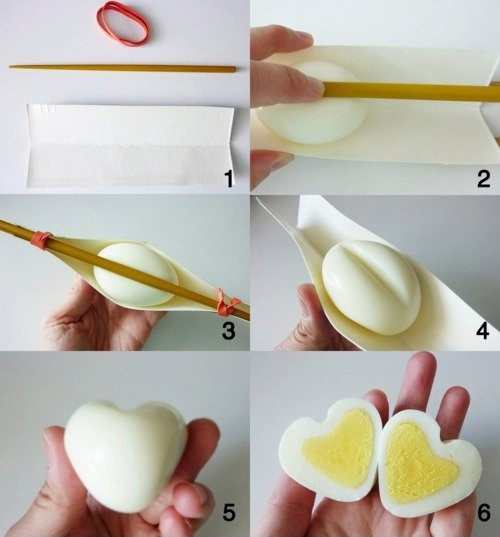
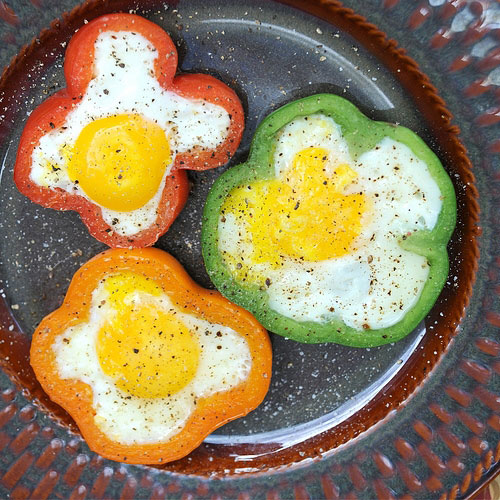

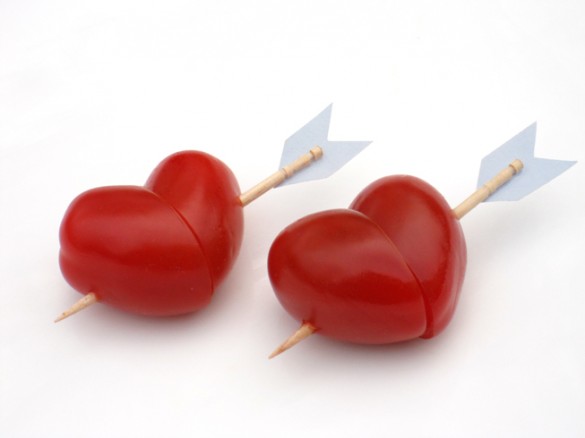
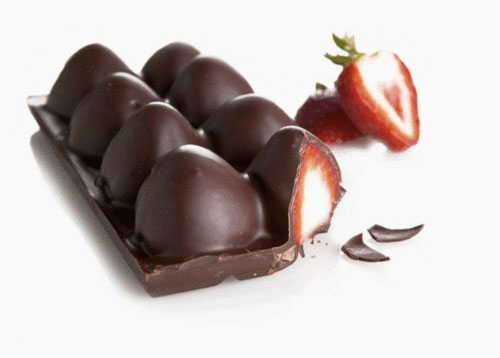
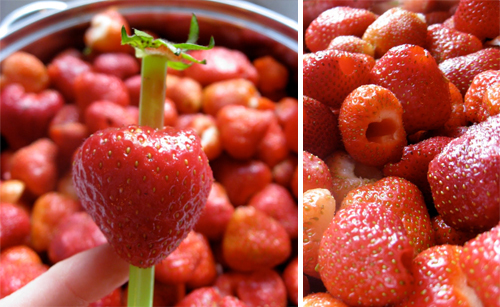
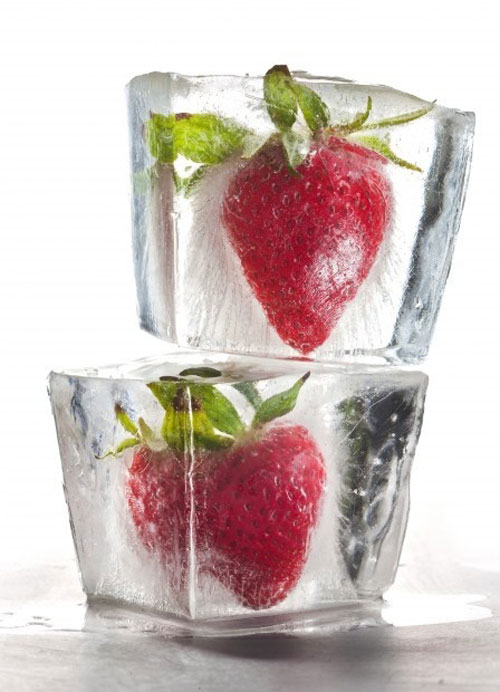
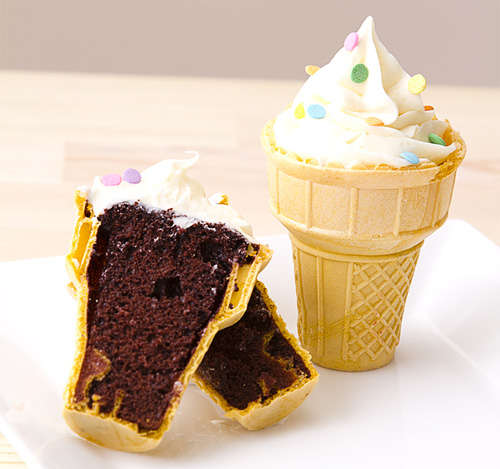
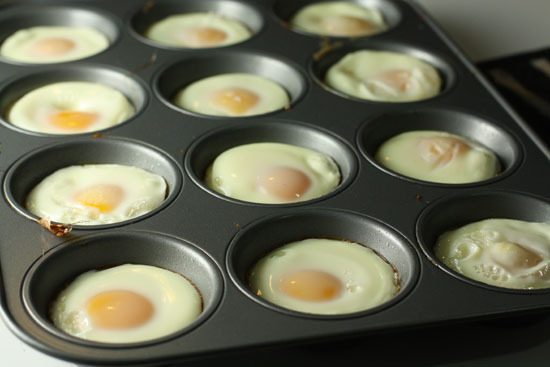
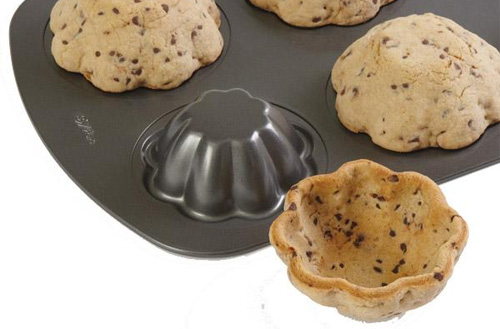
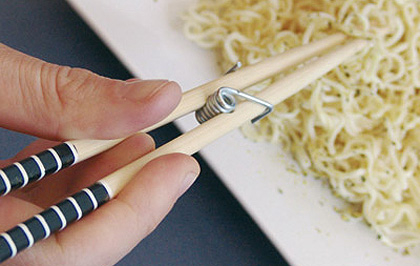
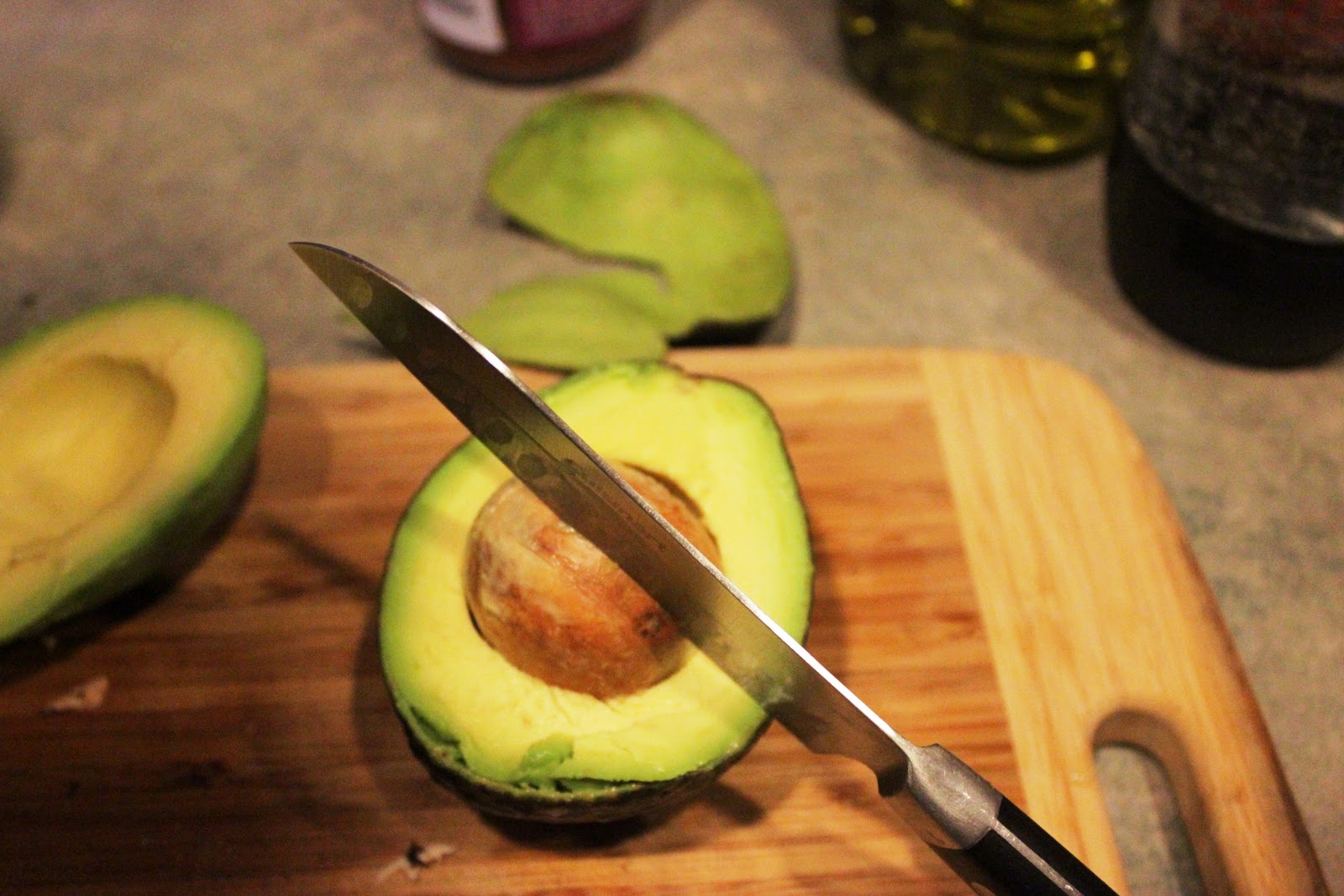

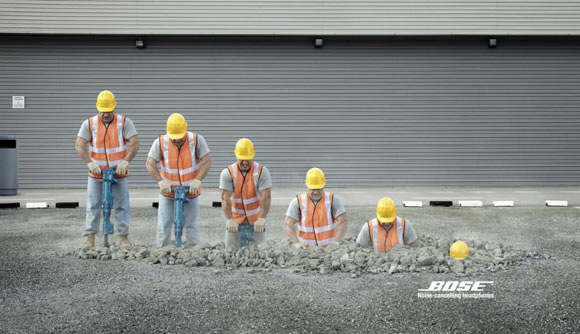

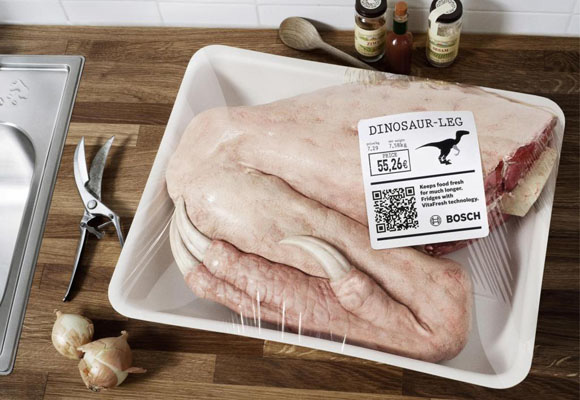


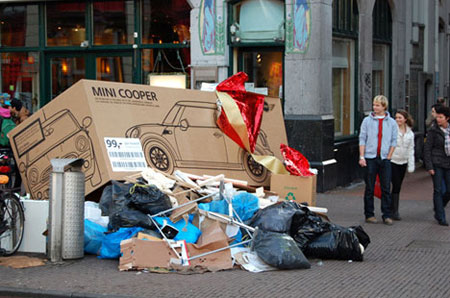
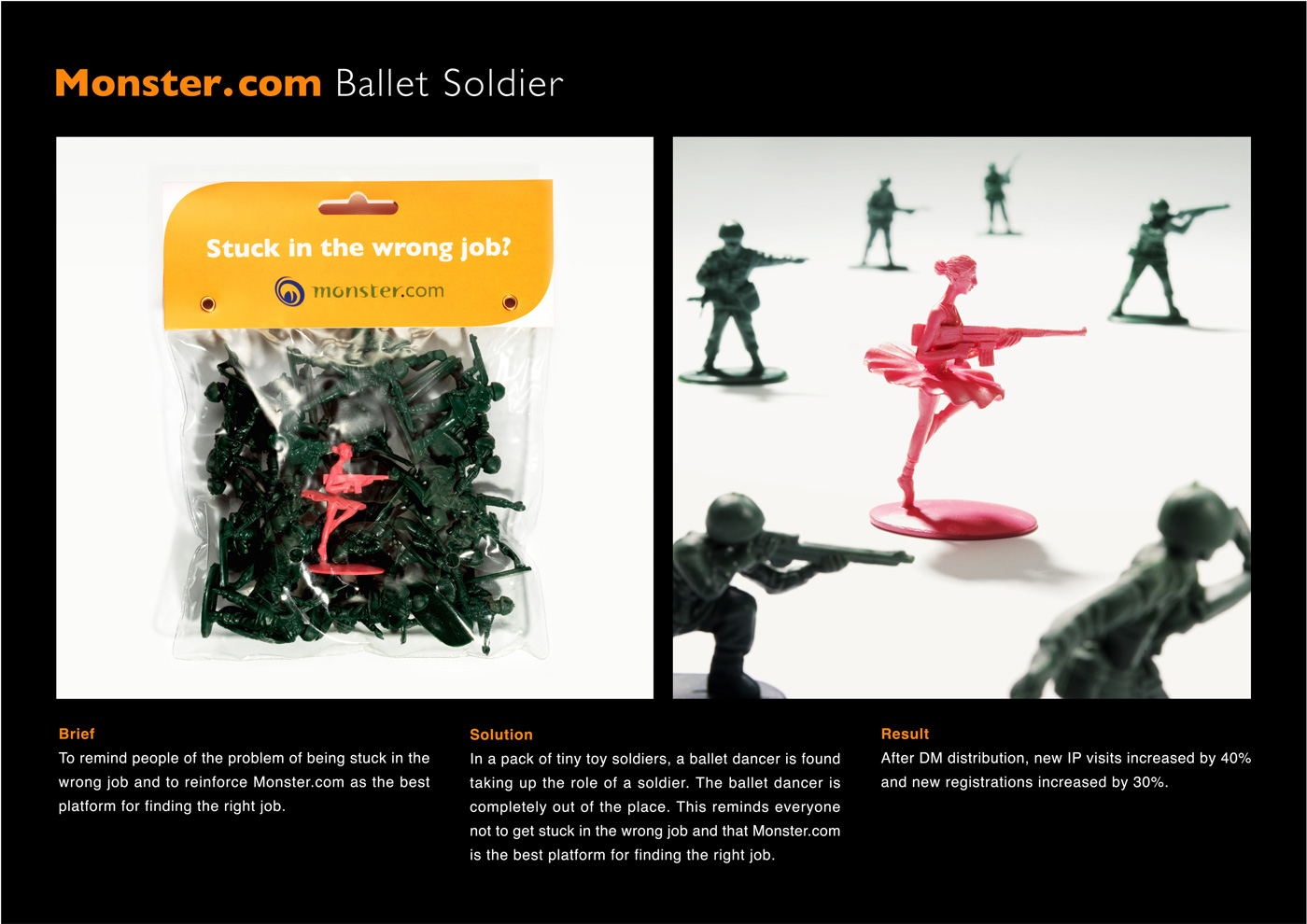
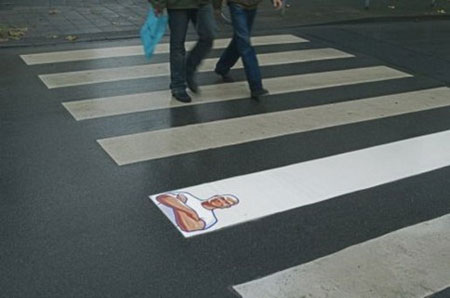
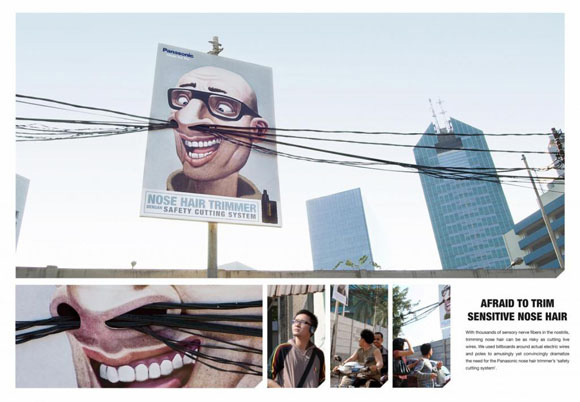

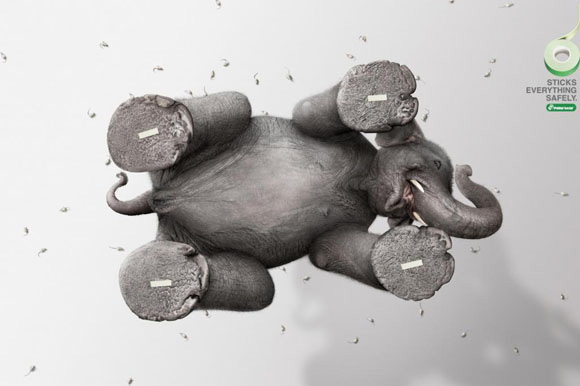
 What did
What did